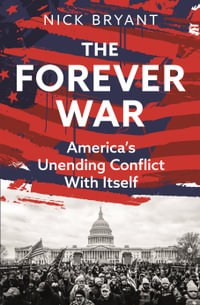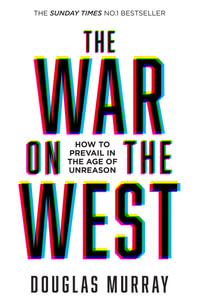In 2014, Russia illegally annexed Crimea, bolstered a separatist conflict in the Donbas region, and attacked Ukraine with its regular army and special forces. In each instance of Russian aggression, the U.S. response has often been criticized as inadequate, insufficient, or hesitant.
The Moscow Factor: U.S. Policy toward Sovereign Ukraine and the Kremlin is a unique study that examines four key Ukraine-related policy decisions across two Republican and two Democratic U.S. administrations. Eugene M. Fishel asks whether, how, and under what circumstances Washington has considered Ukraine's status as a sovereign nation in its decision-making regarding relations with Moscow.
This study situates the stance of the United States toward Ukraine in the broader context of international relations. It fills an important lacuna in existing scholarship and policy discourse by focusing on the complex trilateral-rather than simply bilateral-dynamics between the United States, Ukraine, and Russia from 1991 to 2016. This book brings together for the first time documentary evidence and declassified materials dealing with policy deliberation, retrospective articles authored by former policymakers, and formal memoirs by erstwhile senior officials. The study is also supplemented by open-ended interviews with former and returning officials.
About the Author
Eugene M. Fishel is a 30-year veteran of the U.S. Department of State, where he has focused on the post-Soviet region. He has also served as Director for Russian, Ukrainian, and Eurasian Affairs at the National Security Council; as Special Advisor to the Vice President (National Security Affairs); and as Assistant National Intelligence Officer for Russia and Eurasia at the National Intelligence Council.
Industry Reviews
Outstanding...An important corrective to those works that emphasize U.S.-Russia relations above other relationships in the region. Anyone who has ever used 'Russia' and the 'Soviet Union' as interchangeable terms will check themselves before doing so again...The Russia focus has led us to shortchange others, and Fishel has highlighted well the great costs of doing so. -- James Goldgeier * Russian Review *
Passionately and persuasively argued. While the chief obstacle to a Europe whole, free, and peace is the Kremlin's imperial mindset, Fishel offers a pointed reminder that US choices have made that problem worse, not better. -- Simon Miles * Slavonic and East European Review *

























